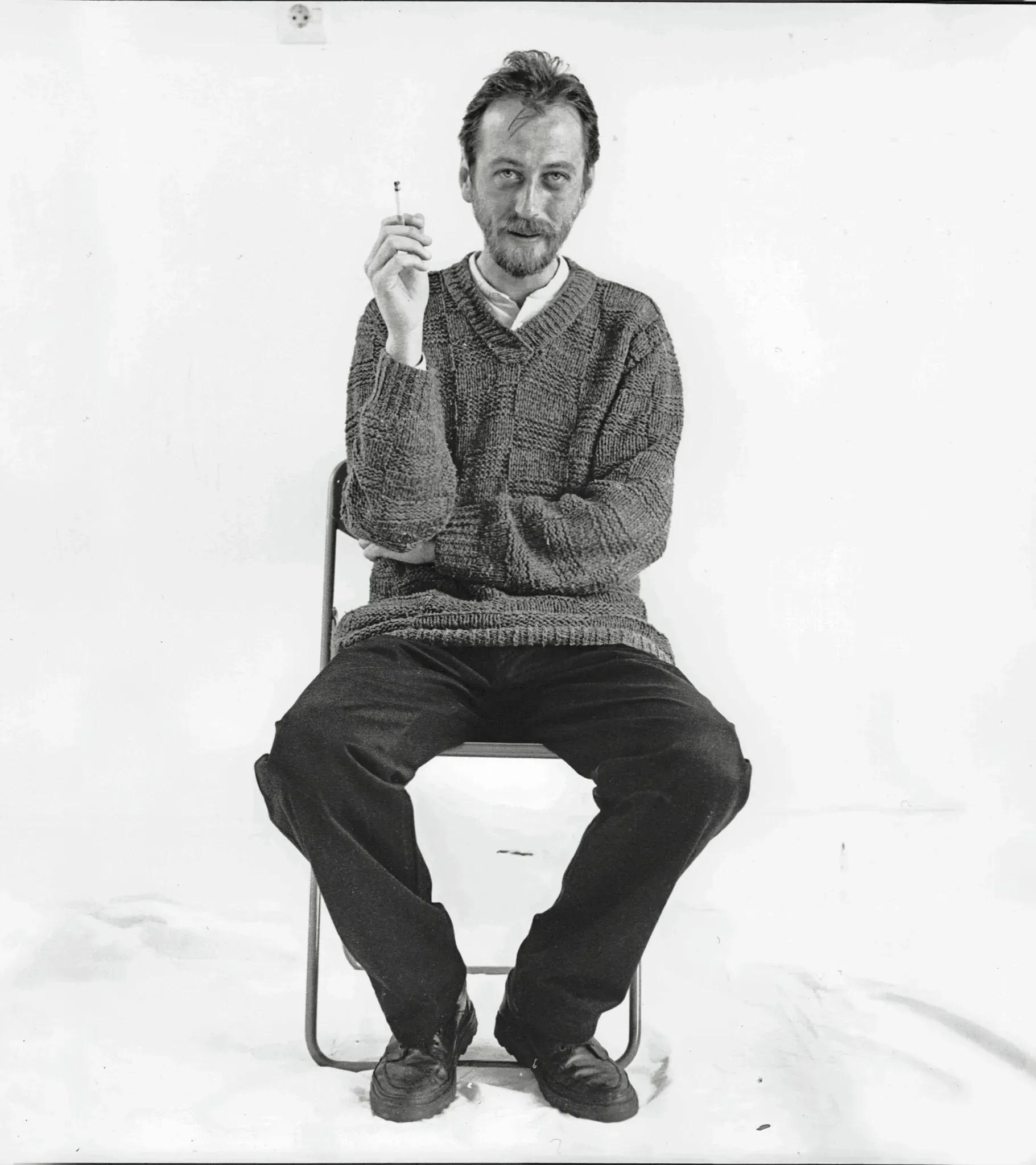Laszlo Krasznahorkai
Last Friday, October 10th, the representatives of the Swedish Academy announced that the Nobel Prize in Literature 2025 was awarded to the Hungarian writer Laszlo Krasznahorkai for being a master of the apocalypse. A worthy heir to great exponents of Central European literature such as Franz Kafka, Krasznahorkai has succeeded in becoming a universal author.
A woman traveling on a train, a victim of chance events, a Japanese prince in search of his identity, or a man in the midst of the collapse of communism in Hungary; all these characters make up Krasznahorkai's literary universe.
Owner of a complex prose, this writer is capable of weaving deep labyrinths through the experiences of the characters in his books. Krasznahorkai is also characterized by presenting psychological plots, with characters trapped by the despair and apathy of a world in constant evolution and change, where social contexts intertwine with personal experiences.
In War and War, for example, Korin, the main character, comes across an ancient manuscript that develops the exploits of two young people in the midst of a war.
The inability of the two young soldiers to find peace amid past conflict has its analogy in Korin's impossibility of feeling at peace in the present. A present marked by the end of communist Hungary and the beginning of a new era.
A great cinema enthusiast, Krasznahorkai has collaborated on several occasions with Hungarian filmmakers Béla Tarr and Agnes Hranitzky. The film adaptation of his most celebrated novel, Satantango, premiered in 1994 and became a cult film.
As the first Hungarian to receive the award since Imre Kertesz in 2002, there is no doubt regarding the significance that Laszlo Krasznahorkai's work will hold for future generations in Central Europe, who must face the conflicts and uncertainties of the present amid tensions with Russia.
Type here...


Comments